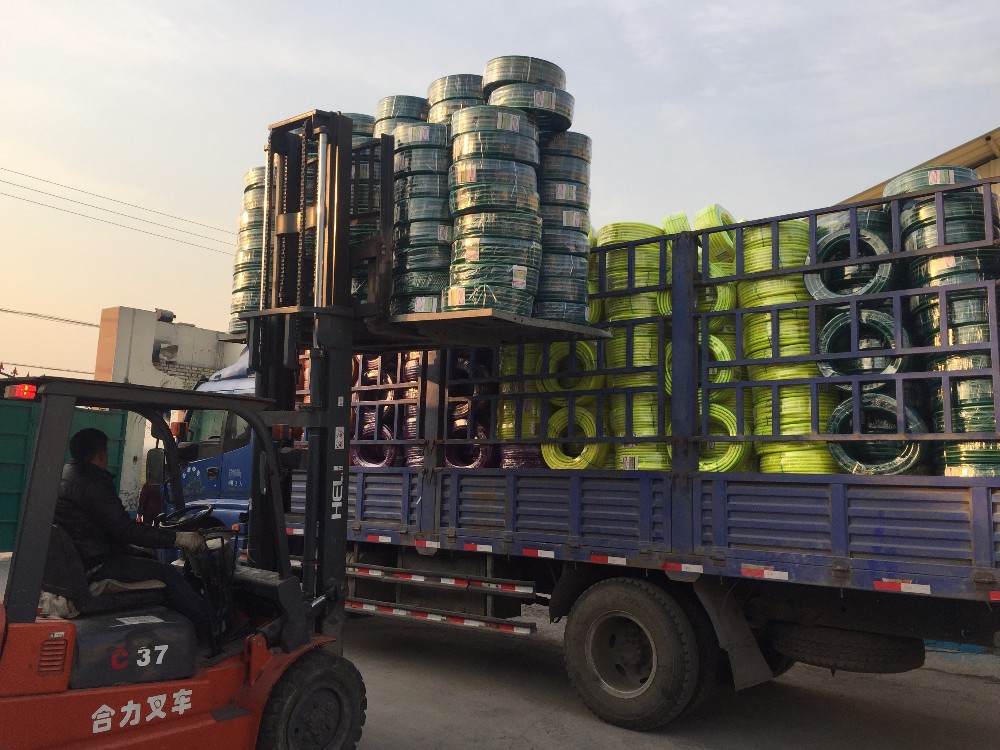steel pvc pipe
The Advantages of Steel and PVC Pipes A Comparative Analysis
When it comes to plumbing and construction, the choice of materials can significantly impact the durability, cost-effectiveness, and overall efficiency of a project. Two popular materials used in piping systems are steel and PVC (Polyvinyl Chloride) pipes. Each of these materials has distinct advantages and disadvantages, making them suitable for different applications depending on the specific needs of a project.
Steel Pipes Strength and Longevity
Steel pipes are well-known for their strength and durability. They can withstand high pressures and are resistant to impact, making them ideal for heavy-duty applications such as industrial and commercial plumbing systems. Steel is also highly resistant to fire and extreme temperatures, which adds to its longevity in many environments. These pipes can be used for transporting water, gas, and other materials, providing a reliable option for demanding installations.
The Advantages of Steel and PVC Pipes A Comparative Analysis
However, steel pipes are not without their downsides. They are generally heavier than PVC pipes and can be more challenging to install. Additionally, they are prone to corrosion, especially in humid environments or when exposed to certain chemicals. To combat this, protective coatings or galvanization treatments are often necessary, which can add to the overall cost of the material.
steel pvc pipe

PVC Pipes Lightweight and Cost-Effective
On the other hand, PVC pipes are a popular choice for many plumbing applications due to their lightweight nature and ease of installation. These pipes are simple to handle, cut, and join, making them a preferred option for DIY projects and smaller-scale installations. The low cost of PVC material also makes it an attractive choice, especially for residential plumbing.
PVC pipes are resistant to corrosion and chemical damage, which means they can maintain their structural integrity over time without the need for additional protective measures. Furthermore, they do not rust, making them ideal for transporting potable water. PVC also has excellent insulating properties, helping to prevent heat loss in hot water systems.
However, one should consider the limitations of PVC pipes. They are less durable than steel pipes and may not withstand high-pressure conditions or extreme temperatures. Additionally, while they are resistant to many chemicals, they can be damaged by certain solvents and exposed to UV light, which can make them more suitable for indoor applications.
Conclusion
In conclusion, the choice between steel and PVC pipes largely depends on the specific requirements of a project. Steel pipes offer unmatched strength and longevity for high-pressure environments but come with higher costs and weight. Meanwhile, PVC pipes provide a lightweight, cost-effective solution for many residential and light commercial applications. Ultimately, understanding the characteristics and capabilities of each material can lead to better decisions in plumbing design and construction.
-
Welded Wire Mesh Panel: Durable, Versatile, and AffordableNewsJul.28,2025
-
Top Quality Oxy Acetylene Hoses for Sale Fit for Welding DemandsNewsJul.28,2025
-
The Future of Pneumatic Air Tubes in IndustryNewsJul.28,2025
-
Superior and Reliable LPG Hose Pipe Solutions for Every NeedNewsJul.28,2025
-
Exceptionally Durable and Versatile Premium Braided PVC TubingNewsJul.28,2025
-
Best Adapters for Connecting Garden Hose to PVC Pipe ConnectionsNewsJul.28,2025














